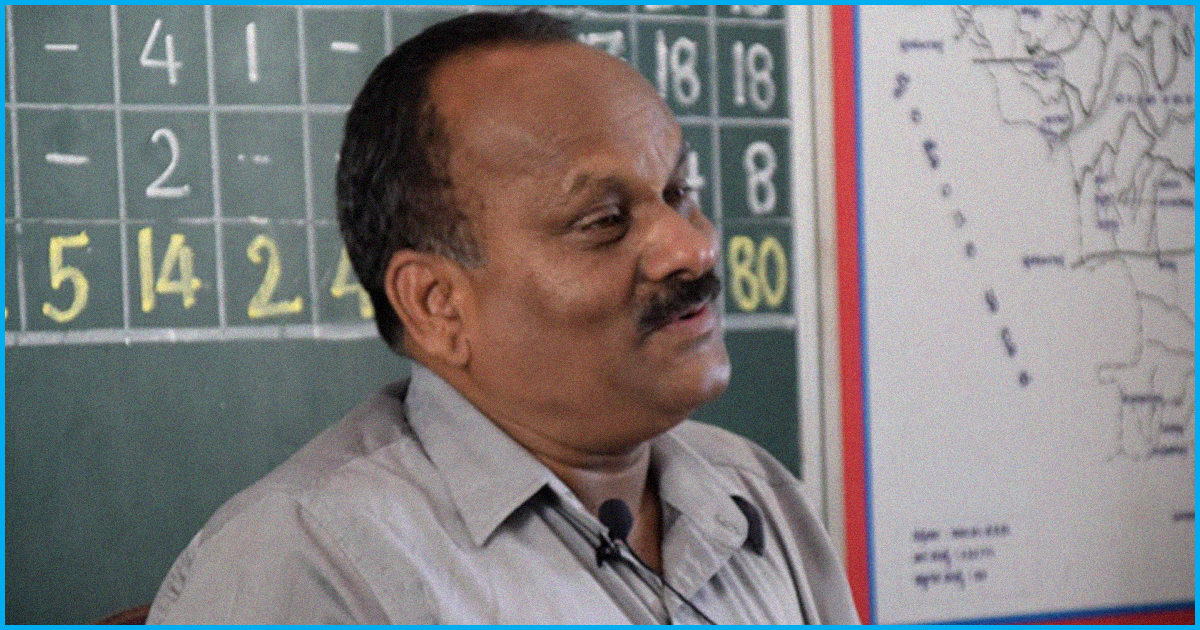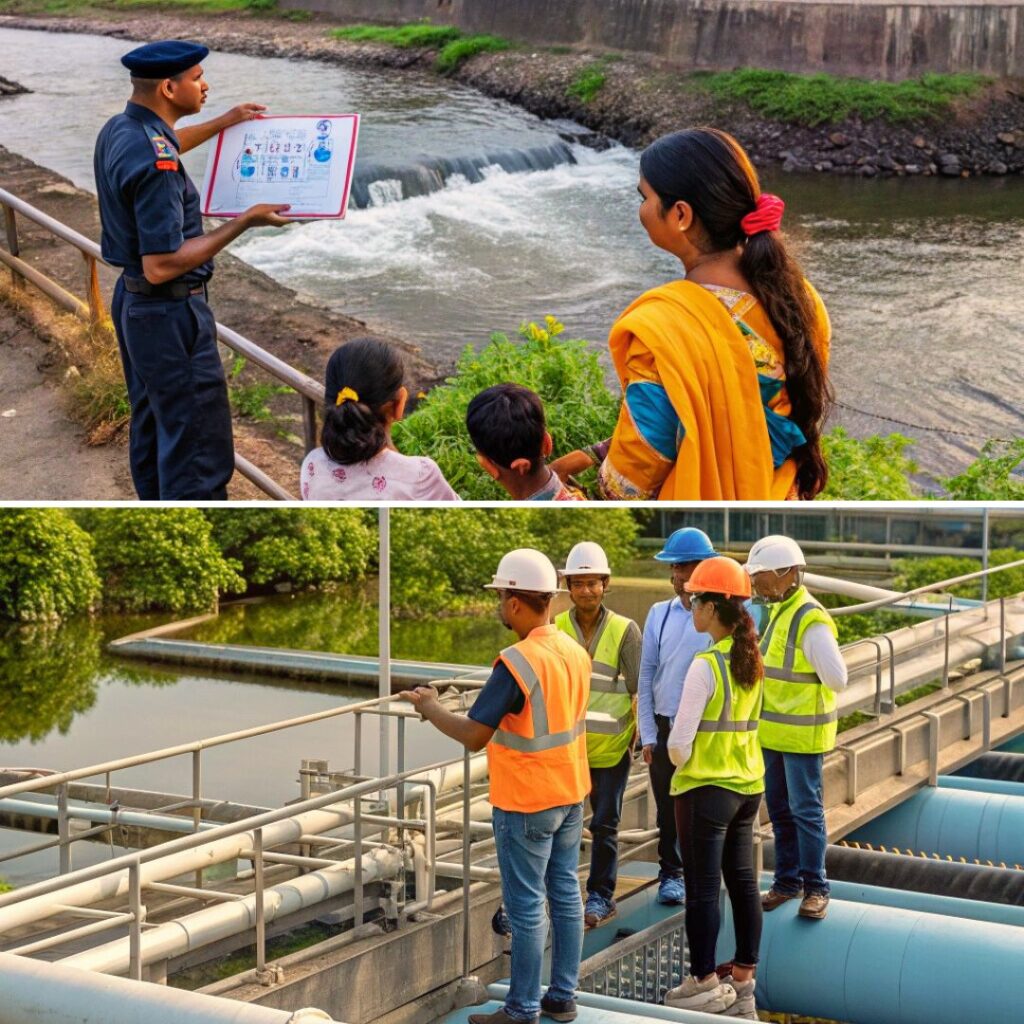Heerakumbi, in Belgavi district of Karnataka, is a typical rural set up on the fringes of development, where the dusty streets and dingy huts betray generations of neglect and where public transport and basic sanitation facilities are virtually nonexistent. In the midst of this all too familiar picture of typical despondency, we met Ramesh Pujari, a 45-year-old ex-serviceman who left his job and now teaches various subjects at a government school and invests his modest savings to make the future of many children
Mr Pujari is a man of more than fake promises and inflated zeal. Attesting to the fact that there is little to no administrative support for any upliftment from the local government bodies, he has taken it upon himself to provide all these children what they cannot afford otherwise – books, military uniforms and physical training.
Lately, Pujari has been busy training and preparing children for march past which he conducts every year on Republic Day. “I have already given an order for 50 uniforms this year, and the children also are practising diligently to give their best,” Pujari proudly informs The Logical Indian.
Left his job
For someone that served in the army for over 20 years, it was indeed unusual to learn that he took voluntary retirement to work for the emancipation of a bunch of children without expecting any recognition in return. “I had two dreams as a child, first, to join Indian army and the other one was to become a teacher. I left my job before I got too old to do something for the children,” Pujari added.
His close friend, Satish Raokar told us about the extremely impoverished background that Pujari himself comes from. Corroborating Pujari’s narrative, he describes the uphill struggle the latter faced with frugal financial means, selling vegetables and doing every odd job possible, to fund his education and then appear for the armed forces’ examination.
“Initially we thought its very unwise of him to leave army and settle in a village, but now when we see these children wearing military uniform, and saluting him every year on Independence Day and Republic day, we secretly admit that it wasn’t such a bad decision after all,” says Satish Raokar, Pujari’s childhood friend.

Childhood dream come true
As a child, Mr Pujari was fascinated by soldiers coming home from the frontline. Pujari idolised and looked up to these men, and fulfilled his dream of serving the country as one of them. “When I was a little boy, I used to wear my senior’s uniform who used to come home from the border and pretend to be an army officer. I always wanted to serve my nation,” says Ramesh Pujari.
However, being a realist, he is also was aware that not everybody could afford the same fortune or fortitude as himself, and that education in terms of values and discipline ought to play a crucial role in the advancement of the building blocks of his little society – the children of the village.
Poor condition of school but unique way of teaching
The school with 170 students runs out of a small two-room building divided into makeshift classrooms by a sheet of cloth, this small institution is fuelled by the passion ignited by Mr Pujari. Village with two primary and only one secondary school with minimal facilities gives little opportunity to these children to familiarise with the world beyond textbooks, but this school has its unique way of teaching.

“Sometimes it gets challenging to teach two different subjects in the same classroom, so we take these students out to water plants or even to plant saplings. The field outside the school was barren when I joined here, but now, we have more than 70 trees,” says one of the teachers.
Hopes for a brighter future
He aims to inculcate all the values at a grassroots level, while the young members of his franchise are still teachable and willing to learn, and not disillusioned and already burdened by the trappings of survival the way adults mostly are. “These children are the future of this village, teaching a child about the importance of cleanliness and sanitation is equal to teaching an entire family,” says Pujari.
He knows and admits the road is long and hard, with virtually no recognition or fame in store for him. He does not aspire to become a celebrity or to be felicitated, all he wants is to see in these children, a reflection of his own distant youth.
The Logical Indian take
Pujari is a man who doesn’t dwell in hopes of some magical transformation. He has embraced his responsibility towards his country and then his local community, and has set short-term and endearingly simple goals for himself and the school. From getting new uniforms for the children in small batches, a sense of pride in donning those uniforms to inculcating the importance of physical health and discipline, teaching them the steps to an official army guard of honour.
Amongst all the virtues we found on display in this small village where street lights and public buses remain a distant dream, selflessness loomed the largest- a passion in furthering the broader interest, of community, of unity, of progress.
Also Read: A Software Engineer Turned Farmer & Social Worker’s Struggle To Protect A School In His Village












